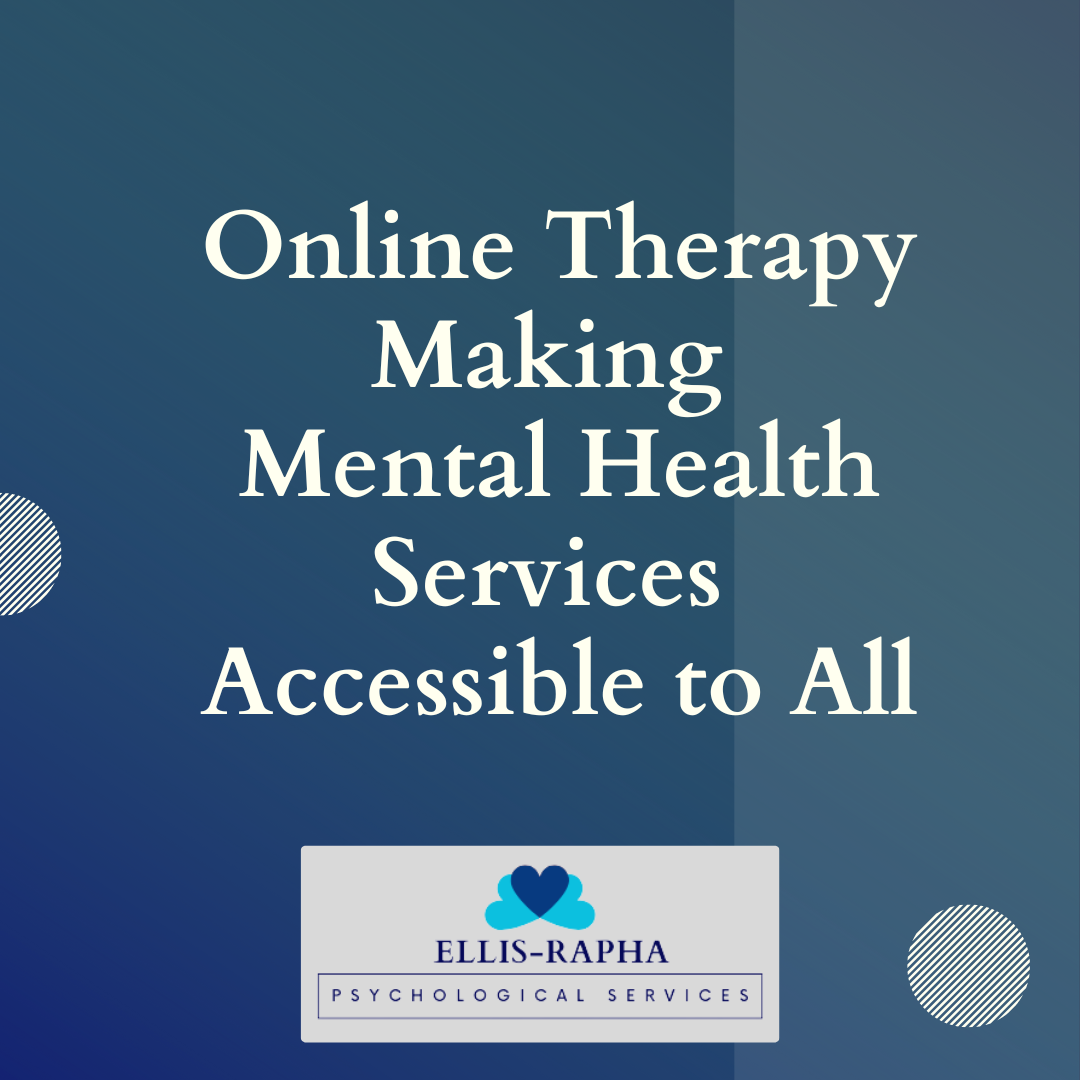In recent years, online therapy has emerged as a powerful tool making mental health services accessible to individuals who may face barriers to traditional in-person therapy. Through the utilization of technology, online therapy has shattered geographical, financial, and social barriers, opening doors to mental health support for a diverse range of individuals. In this post, we will explore how online therapy breaks down these barriers and makes mental health services available to you.
Overcoming Geographical Constraints:
Do you find it challenging to access mental health services due to your geographic location? Many individuals, particularly those in remote or rural areas, face this barrier. But online therapy eliminates this obstacle for you. With online platforms and video conferencing, you can connect with licensed therapists regardless of where you live. The distance between you and a qualified therapist will no longer hinder you from receiving the support you need.
Financial Accessibility:
Are financial constraints preventing you from seeking therapy? The cost of traditional in-person therapy sessions, along with additional expenses like transportation and potential time off work, can create burdens. However, online therapy offers a more cost-effective alternative for you. The session fees are often lower. This means that financial limitations will not be a barrier to accessing the mental health support you deserve.
Flexibility and Convenience:
Is finding time for therapy a challenge in your busy life? Online therapy addresses this issue by offering flexibility and convenience that fit into your schedule. You have the freedom to schedule therapy sessions at a time and place that works best for you. No more commuting or taking time off work. Whether it’s during your lunch break, late evenings, or weekends, online therapy ensures that you can prioritize your mental well-being without disrupting your daily routine.
Discretion and Privacy:
Is privacy a concern for you when seeking therapy? The stigma surrounding mental health may make it difficult to openly seek support in a traditional setting. But with online therapy, you can have peace of mind. It offers a discreet and confidential space for you to share your concerns without the fear of being seen or judged. The anonymity provided by online therapy encourages you to seek help and open up about your experiences, leading to more effective therapy outcomes.
Conclusion:
Online therapy has revolutionized the mental health landscape by breaking down barriers and making services accessible to you. With its ability to overcome geographical constraints, financial barriers, and privacy concerns, online therapy ensures that you can prioritize your mental well-being. The flexibility, convenience, and inclusivity of online therapy empower you to seek support and embark on a transformative journey towards healing and growth. As we continue to embrace the possibilities of technology, online therapy stands as a beacon of hope, bridging the gap and ensuring that mental health services are within your reach.


